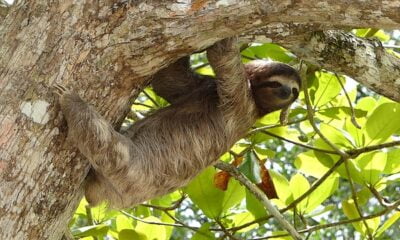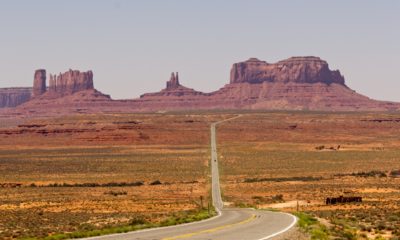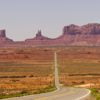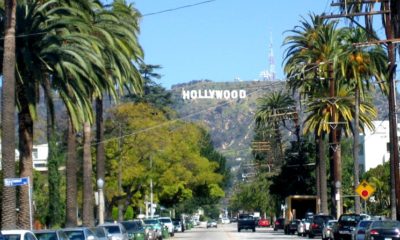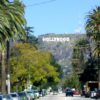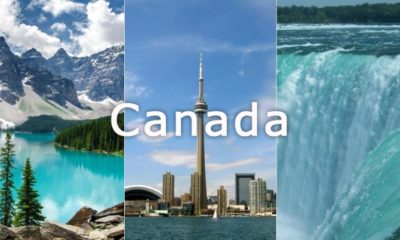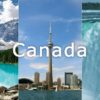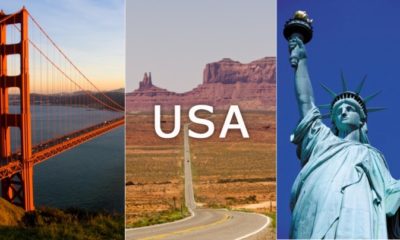North & Central America
Backpacking Cuba Need To Know
Basics
Language:
Capital:
Currency:
|
Dial Code:
International Access Code:
Emergency Services Number:
Time Difference:
|
Entry
If you are entering Cuba as a tourist, you will need to get a tourist card before you travel.
Your passport should be valid for at least 6 months from the date of entry into Cuba.
Some electrical items with heavy power consumption may be confiscated on entry to Cuba. Global Positioning Systems (GPS) are also subject to import requirements and may be confiscated. Confiscated items are normally returned on departure. Visit the Cuban Customs Administration website for more information.
For further and official information visit your home government travel bureau.
Getting Around
Radio taxis are generally reliable. Avoid private taxis and the older model private cars being offered as taxis which lack proper licensing and modern safety features.
More detail is to come in this section, but you can read about general advice regarding Getting Around When You Get There
Accommodation
Cuba has hostels in major cities and tourist areas.
The average price of a hostel is 6-12 CUC (£4-8) a night. Hotels can also be relatively cheap, but vary in quality.
All hostels in Cuba will provide linen and bathroom facilities. Usually there will be internet facilities as well as common and laundry rooms.
Read more about Accommodation When You Get There and Living in Hostels
Food And Health
Food hygiene and safety is satisfactory, but isn’t up to Western standards. Use your instincts; if the place looks dirty, don’t eat there; if your food isn’t piping hot, don’t eat it.
Water is generally not safe to drink, so it is best to buy bottled or boil.
Medical facilities in Havana are better than elsewhere in Cuba, but you may need to be medically evacuated if you need specialist care, so make sure you have adequate travel health insurance and accessible funds to cover the cost of any medical treatment abroad and repatriation.
Many medicines are unavailable in Cuba. You should bring any prescription drugs you take regularly.
Mosquito borne viruses are present in Cuba, so you should take steps to avoid being bitten by mosquitoes. Always contact your GP around 8 weeks before your trip to check whether you need any vaccinations or other preventive measures. Visit here for Recommended Vaccinations and read here for more about Travelling Health In General
Weather & Time To Go
The hurricane season in Cuba normally runs from June to November. The climate is tropical, so very hot and humid throughout the year. It is best to visit in the dry season; January to May.
Communications
Internet and wifi is widespread and accessible in most hostels. Local pay-as-you-go SIM cards for your mobile phone and international calling cards are cheaply available.
Dangers And Considerations
Take care in central Havana at night. Use a taxi rather than walk, even if you’re only a few blocks away from your destination.
Beware of pickpockets and bag-snatchers, especially in Old Havana, on public transport, at major tourist sites and in nightclubs. Carry a copy of your passport and lock the original away. Beware of thefts from rooms, particularly in private guest houses (‘casas particulares’).
There are a small number of bogus tour agents and taxi drivers operating at the airports and around Old Havana. Don’t travel with anyone other than your tour operator. If you need to take a taxi, make sure it’s a registered one and not a private vehicle.
Cuba is a one-party state. There is a high level of social control and a strong police presence. There are widespread restrictions on freedom of speech, you should avoid all public gatherings and mass demonstrations, as they can sometimes turn violent.
Avoid military zones and other restricted areas. Be particularly careful when taking photographs or videos in these areas.
Cuba has strict laws on the use, possession or trafficking of illegal drugs.
Cuba operates a dual currency system. Visitors usually use the Cuban Convertible Peso (CUC), whereas locals use the Cuban Peso (CUP). US Dollars aren’t accepted as legal tender; you’ll be charged 10% commission to exchange them. Don’t change money anywhere other than at Cadeca exchange houses, large hotels or banks, due to the prevalence of forged currency.
Dangers constantly change. Always check with your foreign office (British Foreign Office webpage) or travel advice bureau for the latest information regarding your destinations safety.
Read more about Safety And Security here
Respecting Culture
Do not talk politics, as it could have serious repercussions for you and the person you are talking.


